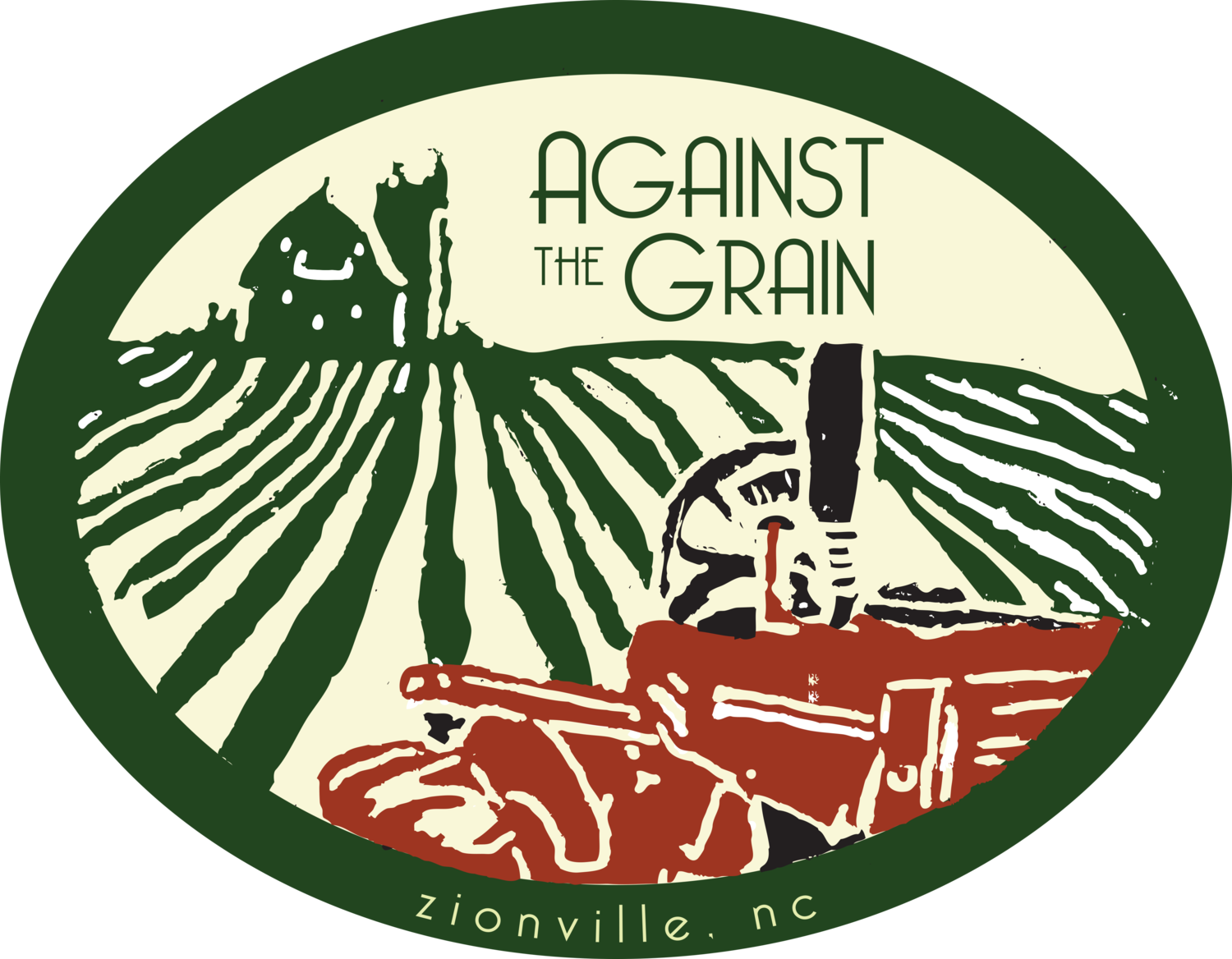On the farm and in our community, Alejo constantly imbues a sense of comfort and imagination as a steady mind and spirit, and with an equitableness which is oftentimes needed during busy days on the farm. His curiosity for a range of topics is contagious. While working in the field he shares recent interests which in turn get the rest of the workers next to him engaged in deep talks about things they never before thought about. In this way he’s found a position on the farm as a creative and intellectual leader.
Alejo came to the farm as a tattoo artist from Washington D.C. with a deep interest in holistic health and nutrition. Of the many things he can talk thoroughly about, most recently it’s been on minerals—specifically copper—and the endocrine system. This knowledge bleeds into an incredibly well-versed and transgressive skill in cooking, whereby most Fridays Alejo spends the late morning cooking meals for the community out of the food we grow on the farm: beef tongue tacos, chimichurri, and a myriad of beautiful vegetable soups.
Alejo is on the community and livestock teams on the farm; he especially gets a lot from milking the goats early in the morning, a new experience for him. “I have a love for integrated long-term experiences where I can build a relationship, and I feel like I learn a little bit more about the herd of goats we have every time I milk them.” As the community team leader, he imagines new ways of belonging—working and living with each other—and different ways to materialize his ideas. Recently while working in the field he’s brought up numerous deep questions on how to build an organic community in a way which helps restore social relationships and prevents self-alienation.
He says he learns best by specializing in fields of study. He came to Against the Grain originally to further develop his studies in health and nutrition, which started out of a fundamental desire to feel better in his body; he has since grappled with how to integrate his interests in food, art, and medicine and has found the work and relationships on the farm helpful in further developing these faculties. In all of these areas he shows a tangible, theoretical drive towards diagnosing deep rooted problems, and he sees small-scale, subsistence farming as a big step in that direction.
His work on the farm has also made his dreams of owning land and homesteading seem more realistic, and within that dream he talks about an appreciation for the relationships he’s built with the vegetables and animals on the farm, and the mountain ranges of Appalachia. Part of this realization is the physical work of the farm, which he says feels like the first step for figuring out next steps, and made his dream feel grounded.
“In my head I had all these romantic ideas of what farming was,” he said. “In our culture we don’t have any rites of passage, so I was hoping to make this a step of gateway of finding out what kind of life I want to live.”
As for right now, he says he’s immensely grateful for his time on the farm, and for an abundance of goat milk.
